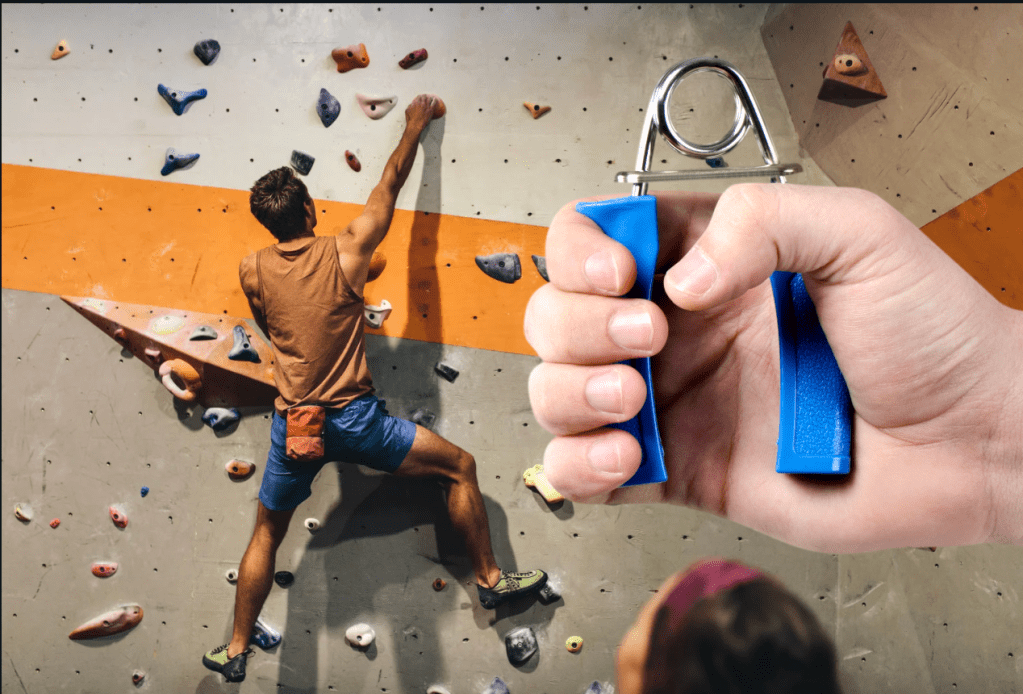We’re all trying to make the most out of our time on Earth. We watch our diets, exercise, and have our doctors test us in various ways in order to maximize our potential lifespans. However, there is one consistently accurate gauge that could determine whether you’re going to live to see 100: grip strength.
That’s right, in a day and age in which people spend small fortunes to test blood, submit to imaging scans, and use state-of-the-art technology to measure and extend their lifespan, one of the best metrics is to just hold and squeeze a tennis ball as hard as you can for as long as you can. In a 44-year-long study, the participants had their grip strength measured initially at ages 56 through 68 years old at the start, and had their grip strength measured routinely throughout the study. The participants who reached the 100-year age mark were 2.5 times likely to have the highest third grip strength measured in the overall study.
It might sound silly, but a strong and consistent grip is a good layman’s measurement of health. As we age, we lose muscle and bone mass, so maintaining a strong grip helps indicate how much weaker a person has become over time. If there is something interfering with your stamina and blood flow, such as high blood pressure or Type 2 diabetes, a person could find maintaining a strong grip more difficult than a person who is healthier.
Dr. Guillaume Paréa, professor of medicine at McMaster University, believes a simple handshake from his patient can tell him a lot about his health. “Weaker handshakes where fingers struggle to close completely around my hand, or where hand muscles are emaciated, are red flags,” he said to the BBC.
Joshua Davidson, a researcher of strength and conditioning at the University of Derby in England, believes that a simple at-home test with a tennis ball could be a good marker to gauge your health. “All you need is any object that you can grasp and can be deformed without causing pain or discomfort,” he told the BBC. “Simply squeeze it for as long as you can before your grip fatigues. Being able to maintain a maximal squeeze on something like a tennis ball for 15 to 30 seconds would be a good standard to strive for.”
It should be stressed that this is just one of several tests of a person’s health. A person could have an iron-clad grip but still have an underlying, unnoticed health issue that could be picked up by a more technologically advanced test. The purpose of the tennis ball test is just a day-to-day measurement, and to alert yourself to schedule a doctor’s visit if something appears to be off.
But if you do try to squeeze a tennis ball and you can’t keep a steady squeeze on it for 15 seconds, it might be a sign that something needs to be addressed. It could be as simple as exercising more regularly or making changes to your diet. However, all of that should be determined through more thorough testing and in consultation with your doctor.
A weaker grip isn’t just an indicator of vitality in physical health either. The National Library of Medicine has a study that suggests that a weaker grip can also be a red flag for depression and anxiety. If you’re experiencing a weak grip and you’re physically healthy, it might be worth checking to see if you have other depressive symptoms and get the appropriate support.
This tells us that the phrase “get a grip” means more than handling a situation; it also means handling your overall health for longevity’s sake.















